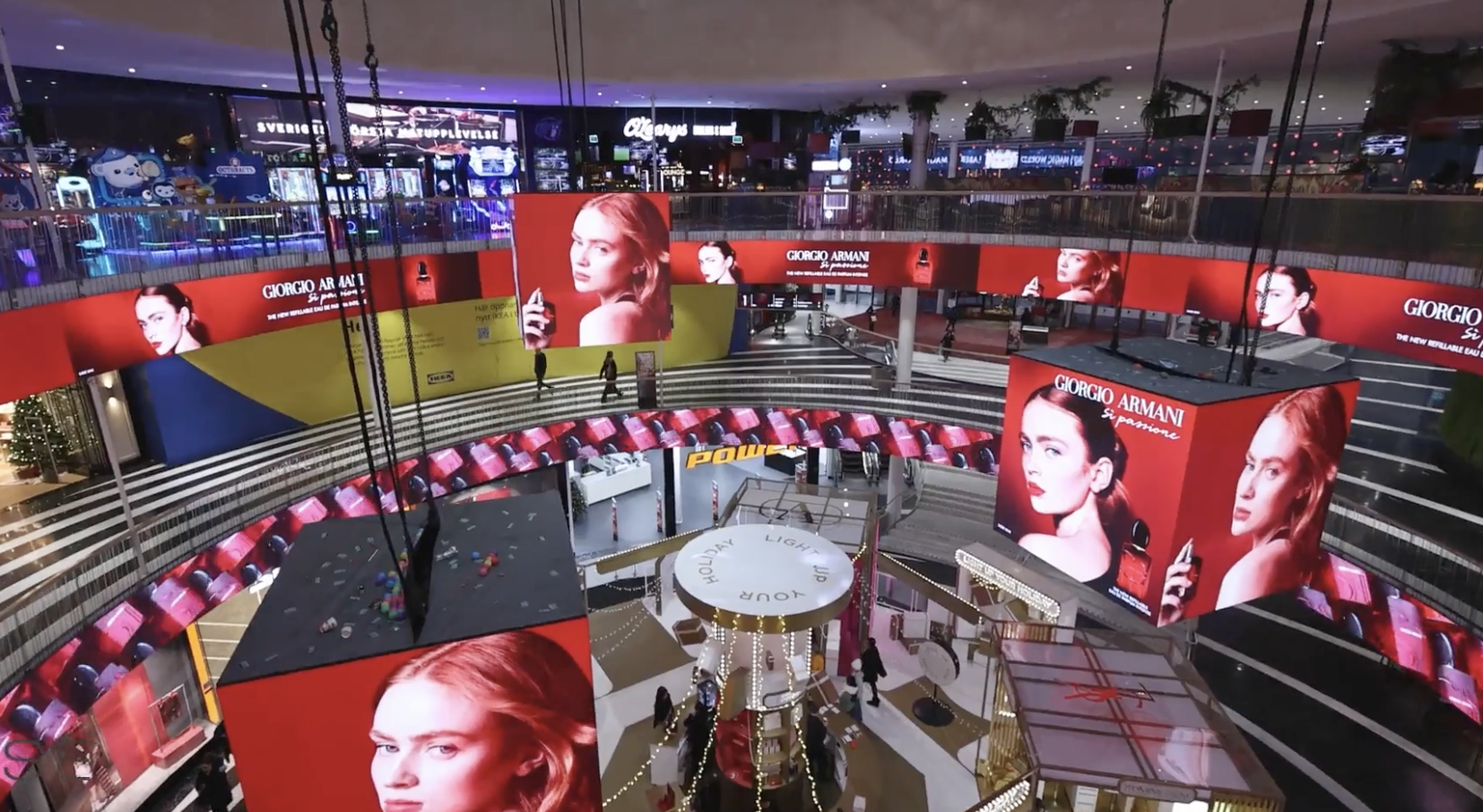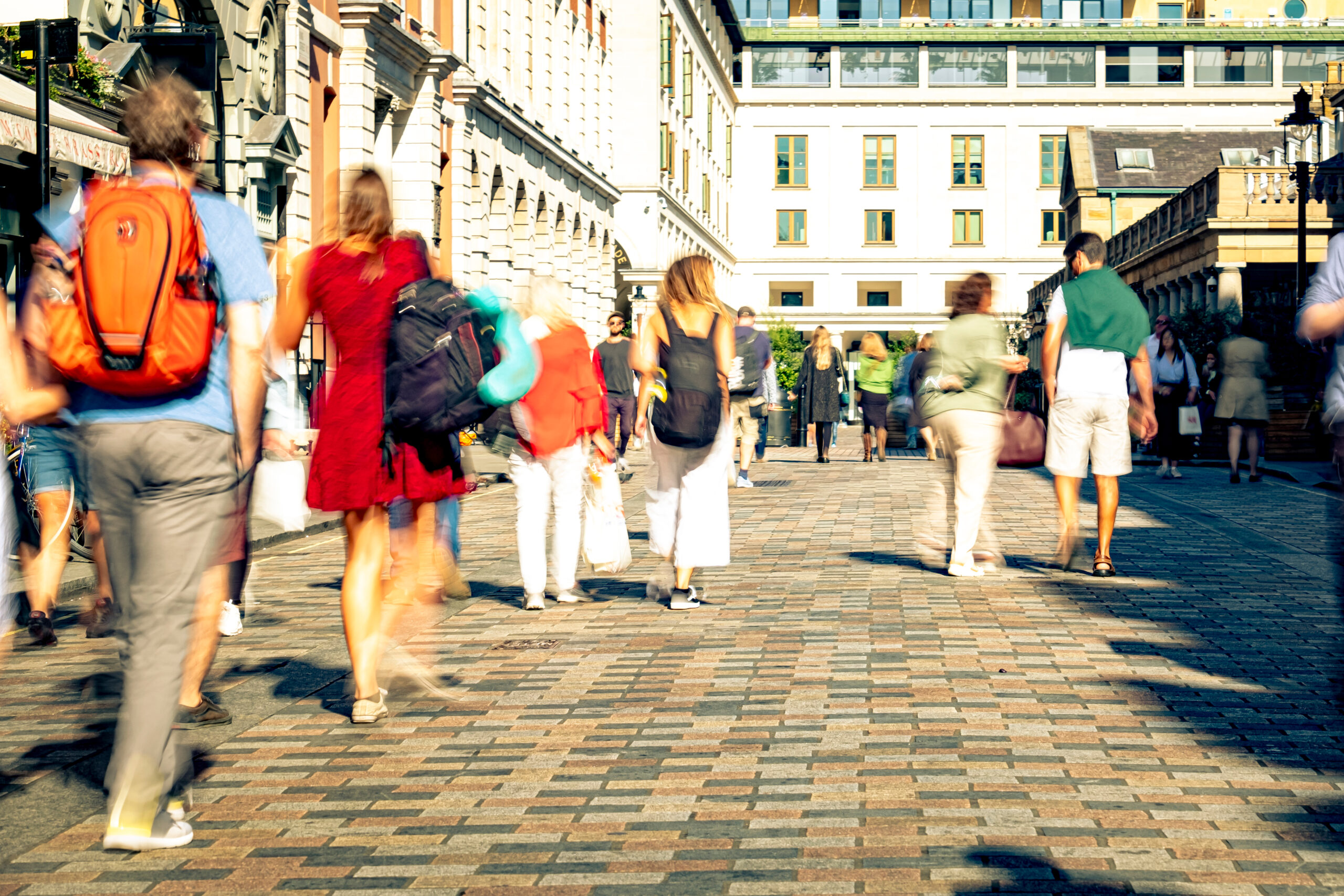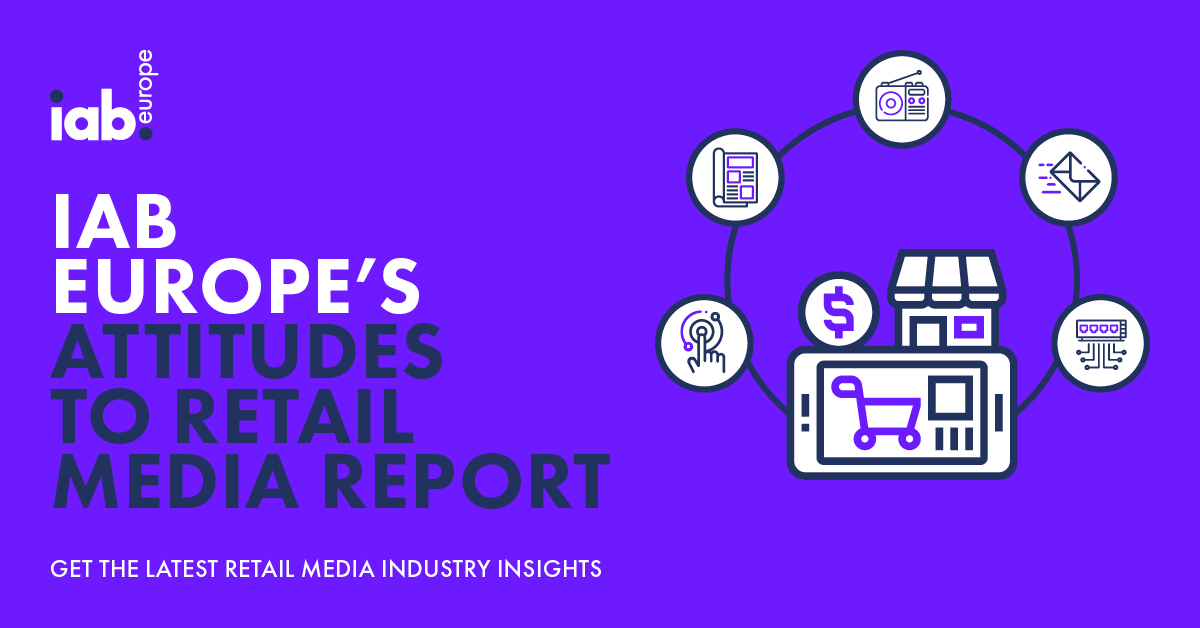Ecommerce slowed in August compared to a year earlier, although retail sales across all channels continued to grow, new BRC data suggests. Today’s BRC-KPMG Retail Sales Monitor for August suggests that shoppers are now doing less of their shopping online now than they did during the pandemic, but that the level continues to be higher than beforehand.
Online non-food sales fell by 4.6% last month, compared to a year earlier, when they had grown by 42.4%, according to today’s BRC-KPMG Retail Sales Monitor for August. At the same time, 38.3% of sales took place online. That’s down from 42% a year earlier – but 9.3 percentage points higher than the 29% of sales that took place online in 2019.
Today’s figures also suggest retail sales across all channels grew by 3% in total last month compared to a year earlier, and by 1.5% on a like-for-like basis that strips out the effect of store and business openings and closures.
Helen Dickinson, chief executive of the British Retail Consortium (BRC) says: “While the online sales growth has begun to slow, it is still high when compared with pre-pandemic growth rates. This demonstrates how the pandemic has shifted the digital-physical shopping balance and increased the linkage between the two channels.”
She adds: “As post-lockdown pent-up demand has softened, the growth in retail sales we have seen over the past few months slowed for August. Nonetheless, we still saw growth above pre-pandemic levels, as people returned to stores in greater numbers. With wedding season in full swing and workers gradually returning to the office, formalwear was a strong performer. Additionally, the bank holiday weekend and back-to-school buzz contributed to a rise in non-food sales.”
Don Williams, retail partner at KPMG, says that the higher levels of online penetration suggests that “the step up in online shopping is here to stay”.
Retail challenges
There are further challenges ahead for retailers this autumn, warns Williams. “With the retail recovery showing signs of slowing, the sector is expected to grow at a more muted rate as retailers face increasing challenges on a number of fronts,” he says. “Inflation is expected to accelerate putting pressure on household spending, whilst retailers battle for share of wallet as consumers spend money on leisure, entertainment and travel. Staffing pressures remain and supply chain issues are being widely reported, with raw material shortages and challenges getting product into the UK and getting goods into customers‘ hands. This may feed into limited availability of certain products and the spectre of price rises remains.”
Meanwhile, data from Barclaycard suggests that consumer spending grew by 15.4% in August, growing across all sectors except international travel compared to the same month in 2019. Spending on essential items was 14.5% ahead of August 2019, while non-essential spending was 15.9% ahead. Spending on clothing grew both online (+33.5%) and across all channels (+12.8%) as shoppers bought new school uniforms and workwear.
Raheel Ahmed, head of consumer products at Barclaycard, says: “Socialising, shopping, and staycations were top of the agenda for Brits in August, as families and friends made the most of the school holidays, giving a welcome boost to hospitality and leisure businesses. Over the coming months, these sectors should also benefit from Brits returning to the office, as colleagues enjoy long overdue catch-ups over post-work meals and drinks.”
Barclaycard’s survey of 2,000 UK adults finds, however, that while 37% are now confident in the UK economy – the highest finding since February 2020 – and 78% are confident of their ability to live within their means each month, this could change with rising prices. Some 64% worry that everyday items are going up in price, and 42% are making lifestyle changes as a result. Some 37% have cut back now to make sure they can afford to spend more at Christmas.
The findings come soon after the BRC and Sensormatic reported August footfall figures showing total UK footfall remains lower than before the pandemic, having fallen by 18% in August compared to August 2019. Footfall fell most sharply on high streets (-24.8%) and at shopping centres (-32.9%), while retail parks (-1.6%) were less affected.









